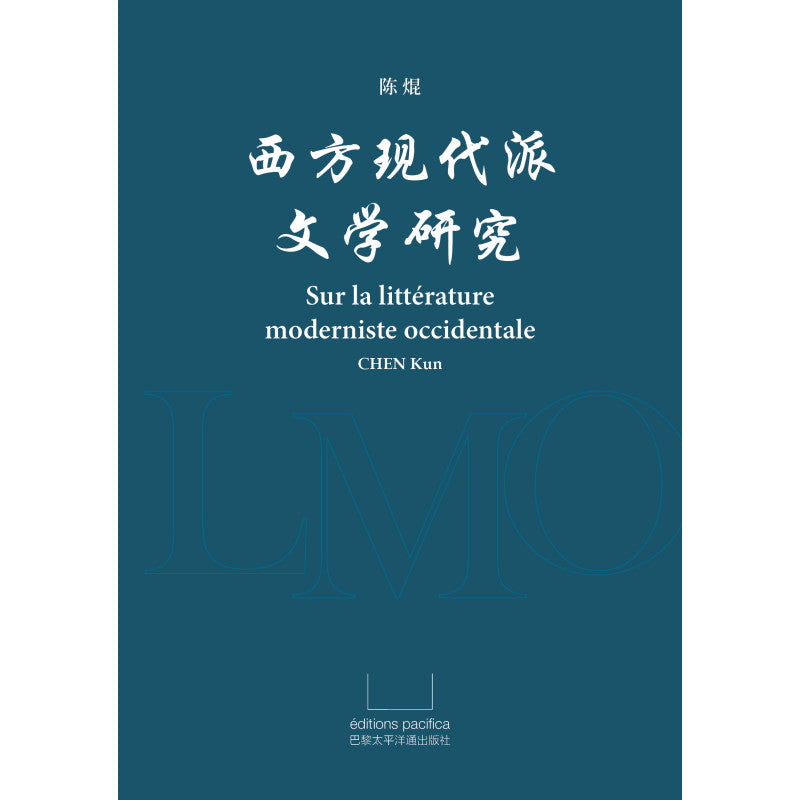WULOLIFE
Chen Kun
Chen Kun
Couldn't load pickup availability
Description
再版序言
这本再版书收集的是我在1979, 1980, 1981 Download the article
我1981年应邀去哈佛大学,不久国内发动了“反精神污染运动”,听说我的名字也列在点名要批判的名单中。我我去看她,碰巧当天中国驻美国大使章文晋的夫人张颖也去看陈颙。张颖长期是周恩来的秘书。我借这个机会和她在康州新伦敦海边的沙滩上谈话谈了两个多小时。我强调当时的口号是“解放思想”,讲了这本书和我受批评的情况。她问得很详细,表示会跟领导汇报。她说的领导是什么人我不清楚。
不久后听说“反精神污染运动”被胡耀邦制止了。这本书出版后在有些读者大概的确有突然吸到了新鲜空气的感觉。我在文学、思想领域选择了一些批判时常常说话说得很重但是又相当无知的题目,例如提出了什么是西方现代派文学和美国当代文学,人的意识是什么,西方文化和对资本主义制度的某些一般特一些思想应该不应该认真地再想一想这样的一些问题,对一些西方现代文学作品中最有思想的那些思想提出了一些需要心知其意但是也不是全盘推崇的看法。
我们的语言遭到损坏是一个大问题。那种经常用于无知和偏见的语言和书面用语,离开了简单化的模式就不会说话。我注意避开这些语言和思维的公式化陷阱,努力用一种比较能够把自己的感觉和理解组织和表达出来的语言说话,希望通过直接接触真实的内容而作出有思索态度的理解,也注意吸收和运用中文传统写作中长期积累起来的一些诸如灵活切入、虚实转换、正反交织、前后呼应、硬接以及有些话必须只点到为止而留下想象空间等等文心可以雕龙的笔法。当然,这只是一种愿望,并不是已经做好了。
语文并不是一个我能提建议的问题。我的伯父罗稷南(陈小航)说,语言一直在发展,但是汉语发展的基础是古文,特别是先秦古文。如果开设一门最基本的课程,就应该注意重点学
《左传》、一部分《史记》和《聊斋》,加上其它选文如《世说新语》的片断,中学和大学各科都要学,背一点书,三代人后,中国的语文会好起来。
那个时代是一个需要做一些回顾的时代,很多甘苦都值得回顾。我觉得再版这本书对了解我们经历过什么,走过了什么路也许有一点用。
陈焜
2023, 8 months, 19 months
